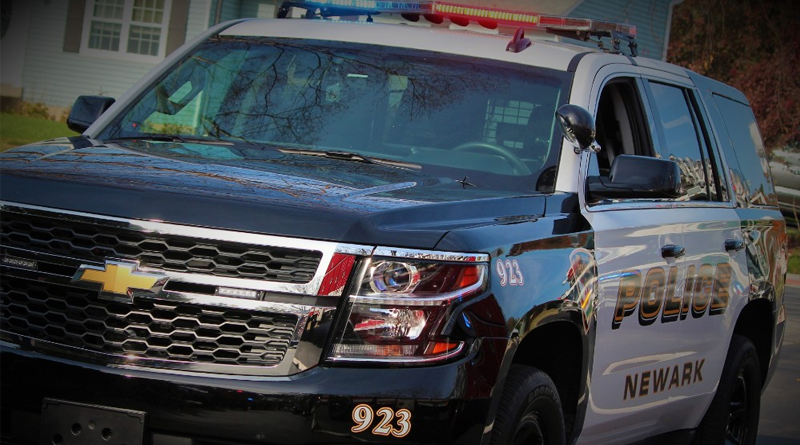The Newark Police Department has begun participating in the ANGEL program. The program, founded in 2015 by police in Gloucester, Massachusetts, was a response to the national opioid crisis. It represents a cultural shift by police departments nationwide. Rather than try to arrest their way out of America’s addiction epidemic, police departments are trying to link people to treatment instead.
In Newark, people can enter the ANGEL program in two ways:
Individuals can simply walk into the Newark Police Station (220 South Main Street, Newark, DE 19711) and request treatment. They will not be prosecuted and will face no repercussions — even if they are in possession of small amounts of drugs and/or drug paraphernalia.
When police contact someone during the commission of a crime, charges can be deferred if the person enters and successfully completes treatment. Police offer the ANGEL option at their discretion, on a case-by-case basis to people who are 18 years of age or older and meet certain other requirements.
Newark Police Lt. Dennis Aniunas, the coordinator of the program for Newark Police, said “Our agency has always been innovative in the way we deal with issues that affect our community. The opioid epidemic is a national emergency; one that will not be solved solely by arrest. When Connections asked us to participate in this program, we were excited by the opportunity to partner with them. We hope to offer members of our community, who are suffering addiction, a ray of hope for recovery.”
Connections Director of Criminal Justice & Community Partnerships Amy Kevis said the partnership with Newark Police is an important step in dealing with Delaware’s opioid crisis.
“People with substance use disorders often fail to realize they need treatment,” she said. “This program, when appropriate, can seize that moment and keep people out of the criminal justice system while, also getting them the help that they need.”
Connections provides a comprehensive array of behavioral health services at more than 100 locations throughout Delaware and in parts of Maryland. The agency has been operating for more than 30 years and provides services to more than 42,000 people each year.
Source: NPD

